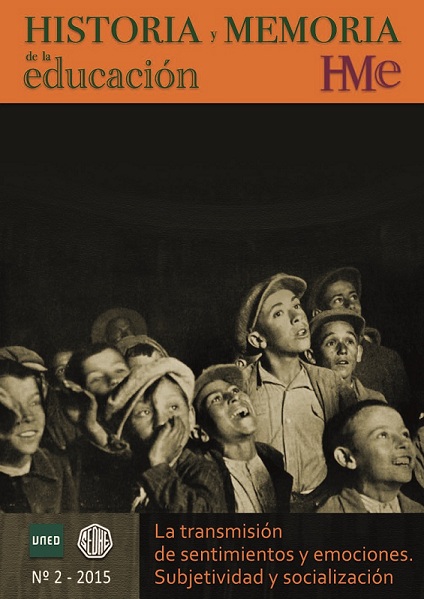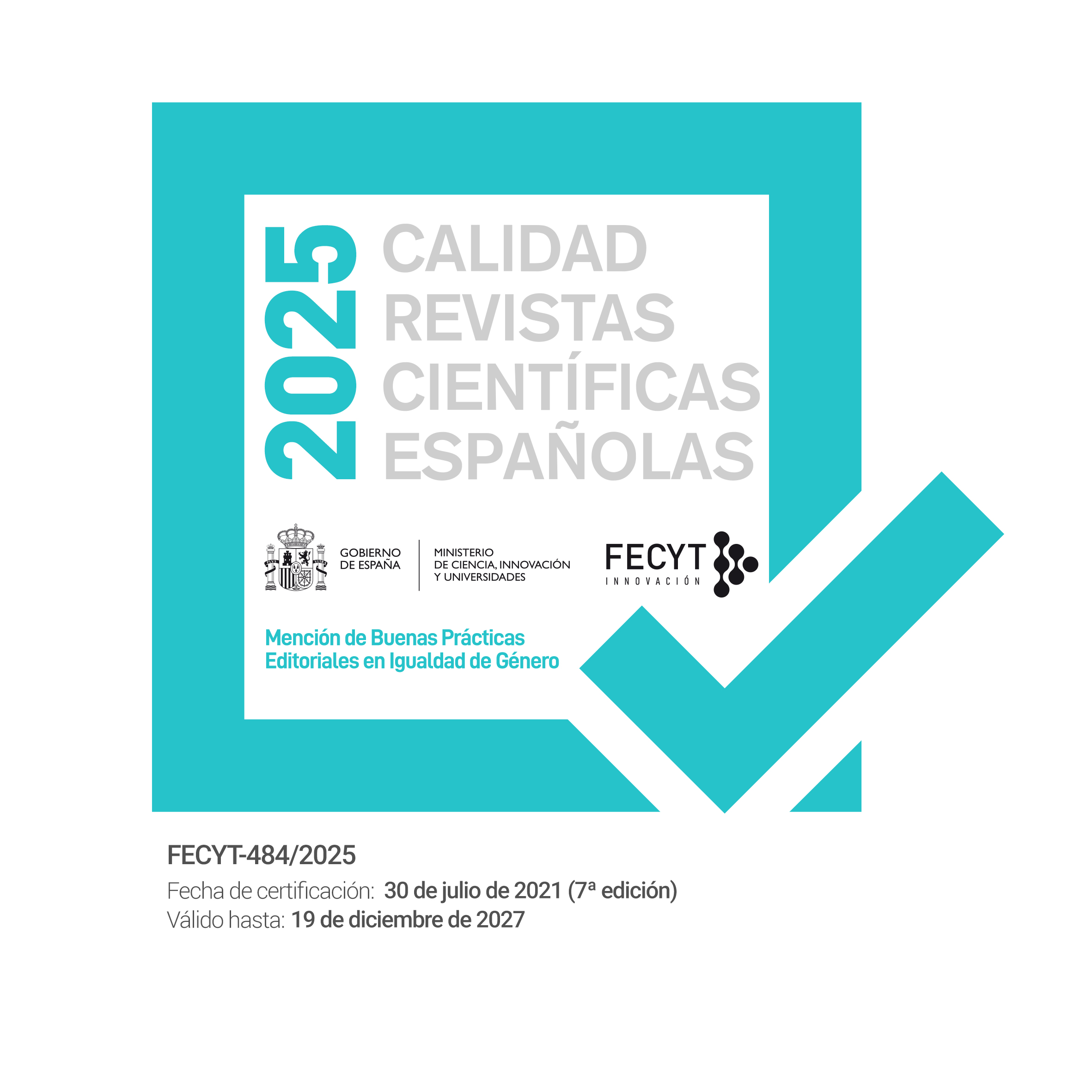"Learn the vosotros [you conjugation] to speak with Spaniards in their language": Linguistic identification in Argentina as a tension between pride and underestimation
DOI:
https://doi.org/10.5944/hme.2.2015.14234Keywords:
Emociones e identidad nacional, Identidad lingüística, Variedades del español, Glotopolítica, Enseñanza de la lenguaAbstract
This paper analyses the construction of a linguistic identity in Argentina through school textbooks. The basic assumption is that the Argentinean school continues to exhibit the 19th century imaginary of being the agency for the diffusion of knowledge and the construction of citizenship, but that today, the instruments that it employs for teaching and the laws that govern the functioning of these materials are strongly influenced by the rules of the market economy. Therefore, the Spanish language, bearer of the Hispanic heritage and a binding element of the Argentinean school of the 19th century, is no longer subject to territorial limits (and thus, to the particularities of linguistic variety) because, by moving beyond these limits, language is able to more easily adapt itself to the expansionist tendencies of the market. In the framework of linguistics politics and relying on the theories that study the role of emotions in the process of self-identification, the article analyses the coexistence of «globalized» language and dialect identification. The tension between these two aspects of language generates identifications of contrasting natures among citizens/speakers; on the one hand, linguistic practice in school is associated with belonging to the nation, while at the same time the use of global textbooks and manuals tends to inhibit the use of language featuring particular local or national elements. The analysis of regional linguistic features in a sample of textbooks (from the present and from past milestones in Argentina) evidences overlapping identities discursively generated between a de-territorialized language and a curricular pattern that promotes the appreciation of varieties.
Downloads
Downloads
Published
How to Cite
Issue
Section
License
Authors who publish in Historia y Memoria de la Educación agree to the following terms:
- Authors retain copyright and grant the journal right of first publication with the work simultaneously licensed under a Creative Commons Attribution-NonCommercial 4.0 International that allows others to share the work with an acknowledgement of the work's authorship and initial publication in this journal.
- Authors are able to enter into separate, additional contractual arrangements for the non-exclusive distribution of the journal's published version of the work (e.g., post it to an institutional repository or publish it in a book), with an acknowledgement of its initial publication in this journal.
- Authors are permitted and encouraged to post their work online (e.g., in institutional repositories or on their website) prior to and during the submission process, as it can lead to productive exchanges, as well as earlier and greater citation of published work (See The Effect of Open Access).












